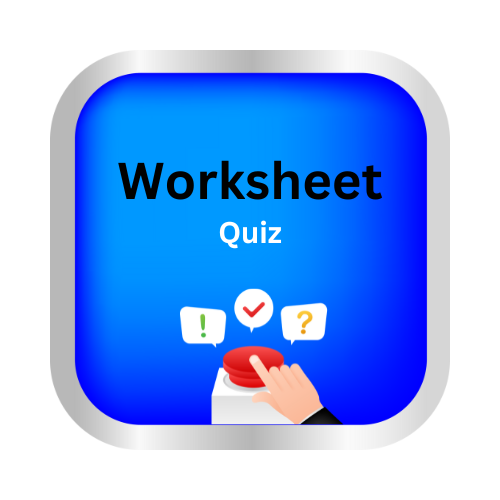Identify the complete subject or complete predicate of a sentence
Key Notes:
| 📝 Identifying Complete Subject and Complete Predicate |
A sentence has two main parts:
- Complete Subject – tells who or what the sentence is about.
- Complete Predicate – tells what the subject does or what happens.
| Complete Subject 🌟 |
Definition: The whole part of the sentence that tells who or what the sentence is about.
Includes: The main noun or pronoun + all words describing it.
Examples:
1. The big brown dog 🐶 is barking loudly.
- ✅ Complete Subject: The big brown dog
2. My best friend 👧 loves reading books. 📚
- ✅ Complete Subject: My best friend
Tip: Ask yourself – Who or what is the sentence about? 🤔
| Complete Predicate ✨ |
Definition: The whole part of the sentence that tells what the subject does or what happens.
Includes: The verb + all words telling more about the action or state.
Examples:
1. The big brown dog 🐶 is barking loudly in the yard.
- ✅ Complete Predicate: is barking loudly in the yard
2. My best friend 👧 loves reading books and writing stories. 📖✍️
- ✅ Complete Predicate: loves reading books and writing stories
Tip: Ask yourself – What is the subject doing or what is happening? 🏃♂️💨
| Quick Tricks to Identify 🔍 |
- Underline the subject – ask “Who or what is this about?”
- Circle the predicate – ask “What is happening?” or “What is the subject doing?”
- Remember:
- Subject = 🌟 Who / What
- Predicate = ✨ Action / What’s happening
| Fun Example 🎉 |
Sentence: The clever little cat 🐱 climbed the tall tree 🌳 quickly.
- ✅ Complete Subject: The clever little cat 🐱
- ✅ Complete Predicate: climbed the tall tree quickly 🌳💨
Let’s practice

